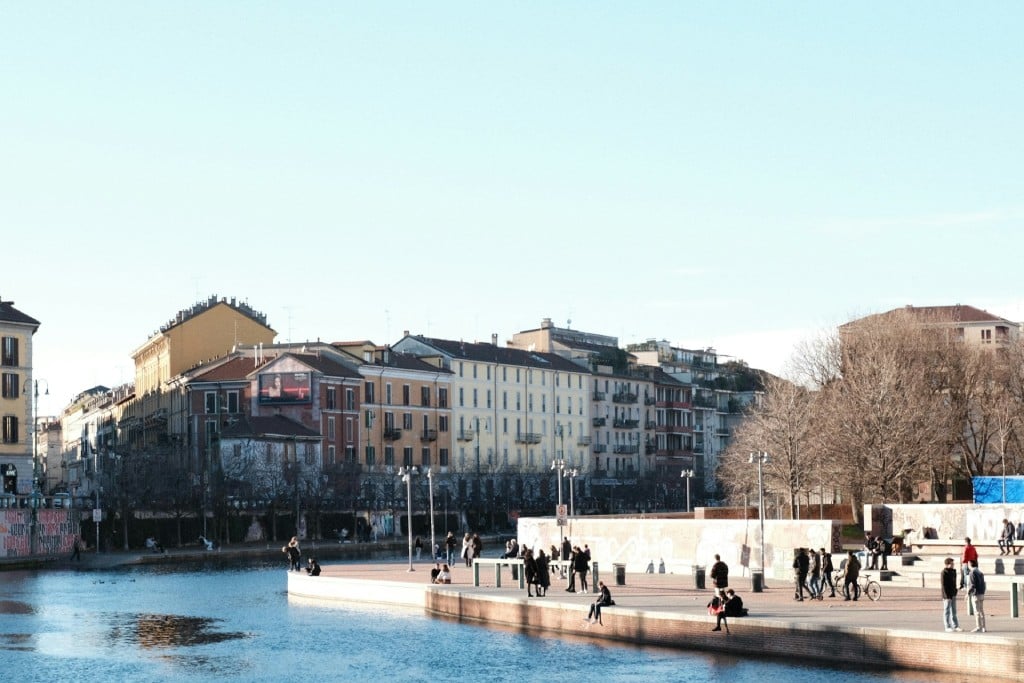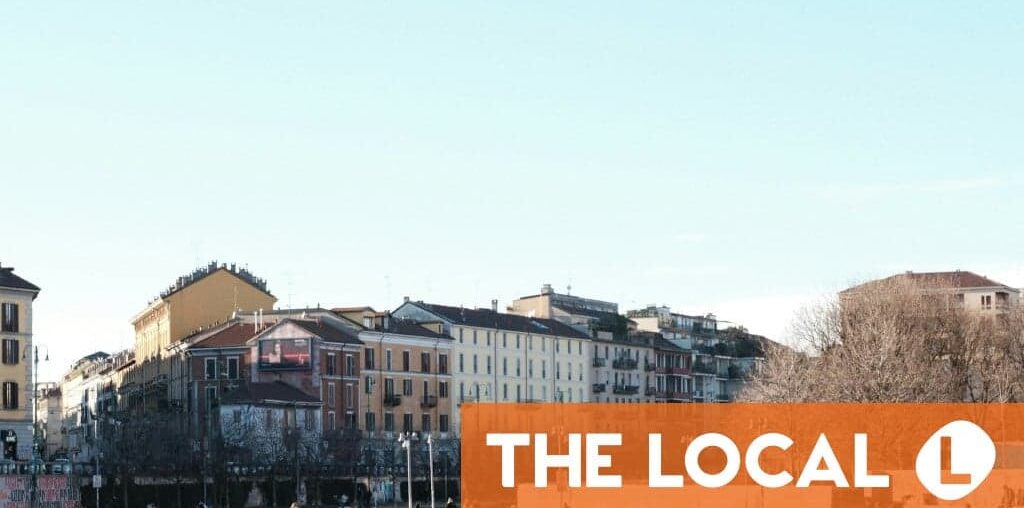
Many expat friends tell me they are shocked whenever they bump into a southern Italian living in the north who speaks in a perfect northern dialect. They ask me: why do these people hide their original dialect?
As an Italian, that’s no surprise to me. My mom is from Piedmont, while my dad has Sicilian roots, so juggling different dialects has given me an insight into this habit.
There’s always been a stigma attached to southern dialects in Italy – and to southerners in general from a northern perspective.
Decades ago, after the end of World War II, Italy saw a wave of mass migration from its poorer south to the richer north. Entire families from regions such as Sicily, Puglia and Calabria left in search of a brighter future, moving to northern regions to work in new-born factories (especially those of automobile manufacturer Fiat in Turin).
In the past (and even nowadays to some extent) dialects were seen as a symbol of a lower social standing and people who spoke in their dialects were singled out or even looked at sideways as though ‘inferior’.
My grandma, who hailed from Cuneo, Piedmont, used to tell me that in her days anyone who spoke with a meridionale (southern) accent necessarily came from the south. To her, that meant anywhere south of Florence.
Because southern Italians were often looked down upon by northerners, many meridionali who moved to the north dropped their dialects and tried to adopt a northern one to better blend in and not be discriminated against.
READ ALSO: Are Italy’s many dialects dying out – or just evolving?
Several foreign residents I spoke to have noticed that, to this day, many southerners working in the north have picked up northern dialects and hardly ever admit that they come from the south. They don’t want to show their origins, particularly when they are trying to build a professional career.
The ‘dialect’ stigma remains today, albeit to a lesser extent. Some northerners still call southerners terrun, which is a denigratory term referring to people who work the earth with their bare hands.
Advertisement
Giacomo Russo, a 50-year-old web designer who moved from Naples to Milan for work 30 years ago, says he can’t shake off the fear of being singled out as a southerner by his northern friends, clients and colleagues.
“I’ve married a local woman, have kids who were born and bred here in Milan, yet I’m still grappling with my non-native accent. I can’t seem to totally hide my strong Neapolitan; even when I speak like a local, many point their finger at me and say ‘Ah you’re from Naples!’
“Some vowels give me away, not just my last name, which is typical of the Campania region,” Russo says.
He says it bugs him, no matter how many years he’s been a Milan resident for.
READ ALSO: Why are Italy’s disappearing dialects so important?
Michele D’Antona, a 21-year-old university student from Syracuse, Sicily, left his hometown two years ago to study architecture at one of Turin’s top universities.
“My friends make fun of my accent. It is so strong. They often jokingly call me terrun. I’m used to it by now but I have a hard time integrating,” says Michele.
Michele has tried picking up the torinese dialect, but he says it is practically impossible for him and he hates the sound of it.
Advertisement
“It’s easier to learn English and French; there are some typically Milanese sayings and words that just won’t stick in my mind. And the accent, my tongue and vocal cords are just not accustomed to a certain pronunciation of vowels that I can’t bring myself to replicate them,” he adds.
Regardless of the territorial stereotypes and cultural boundaries that survive in some Italian regions, I believe that dialects will remain a strong part of Italians’ personal identity going forward.

